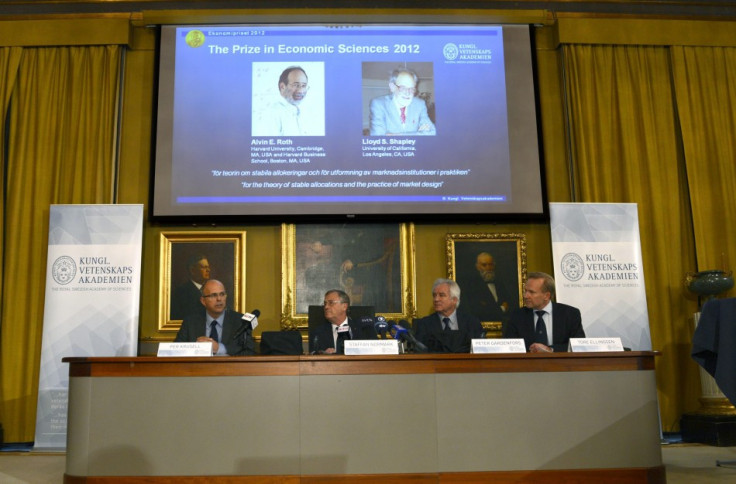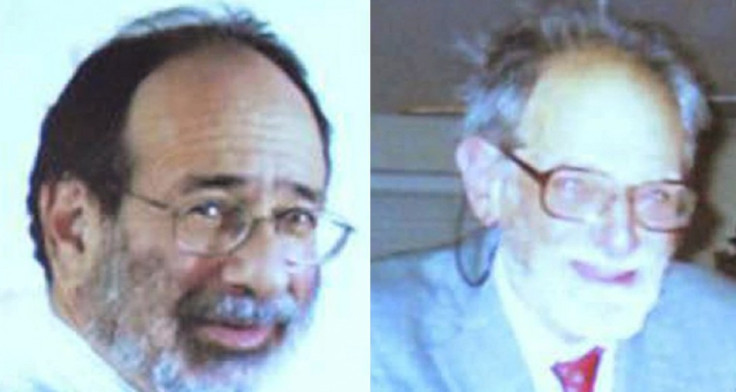Alvin Roth and Lloyd Shapley win Nobel Prize for Economic Sciences [VIDEO]

Harvard University's Alvin Roth and the University of California's Lloyd S. Shapley have won the Nobel Prize for Economic Sciences for their work and study in "the theory of stable allocations and practice of market design".
The award, officially named the Sveriges Riksbank Prize in Economic Sciences in Memory of Alfred Nobel, is the 44<sup>th prize of its kind after the Swedish central bank initially helped create the recognition in 1969 alongside five other prizes awarded each year by the Nobel Committee.
Roth and Shapley's work, known as "market design and matching theory", examines the ways in which matches are created in all walks of life, from jobs to companies to marriages and school selection. The most famous application of the theory has been used in the medicine to assist a project that searched for the correct match between kidney transplant candidates and potential donors.
The pair beat academic favourites Robert Shiller, an expert on housing, and Kenneth Rogoff and Carmen Reinhart, public finance specialists, to win the prestigious award. The American economists had been widely touted as the frontrunners, along with compatriot Paul Romer, who focuses on studies in economic growth.

Europeans in the frame included Olivier Blanchard, the chief economist of the International Monetary Fund, and Jean Tirole from France's Toulouse School of Economics.
The last European to have won the prize in economics was British Cypriot Christopher Pissarides, who was selected as a joint laureate in 2010 along with Americans Peter Diamond and Dale Mortensen.
Each year the academy sends out around 3,000 confidential nomination forms and receives between 250 to 350 names to consider. The winner is chosen by the academy's Economics Prize Selection Committee, made up of between five to eight members. The panel then commissions expert studies of the most prominent candidates, sometimes by Swedish experts but usually by non-Swedes.
According to the rules laid down for the Nobel Prizes, the prize can be shared among a maximum of three persons. A shared Nobel Prize is just as honourable as a single prize, and each paureate has to be worthy of the prize alone.
For the Nobel Prize in economic sciences over previous years, 22 awards have been given to one laureate only, while 16 have been shared by two laureates and five shared between three laureates.
© Copyright IBTimes 2025. All rights reserved.






















